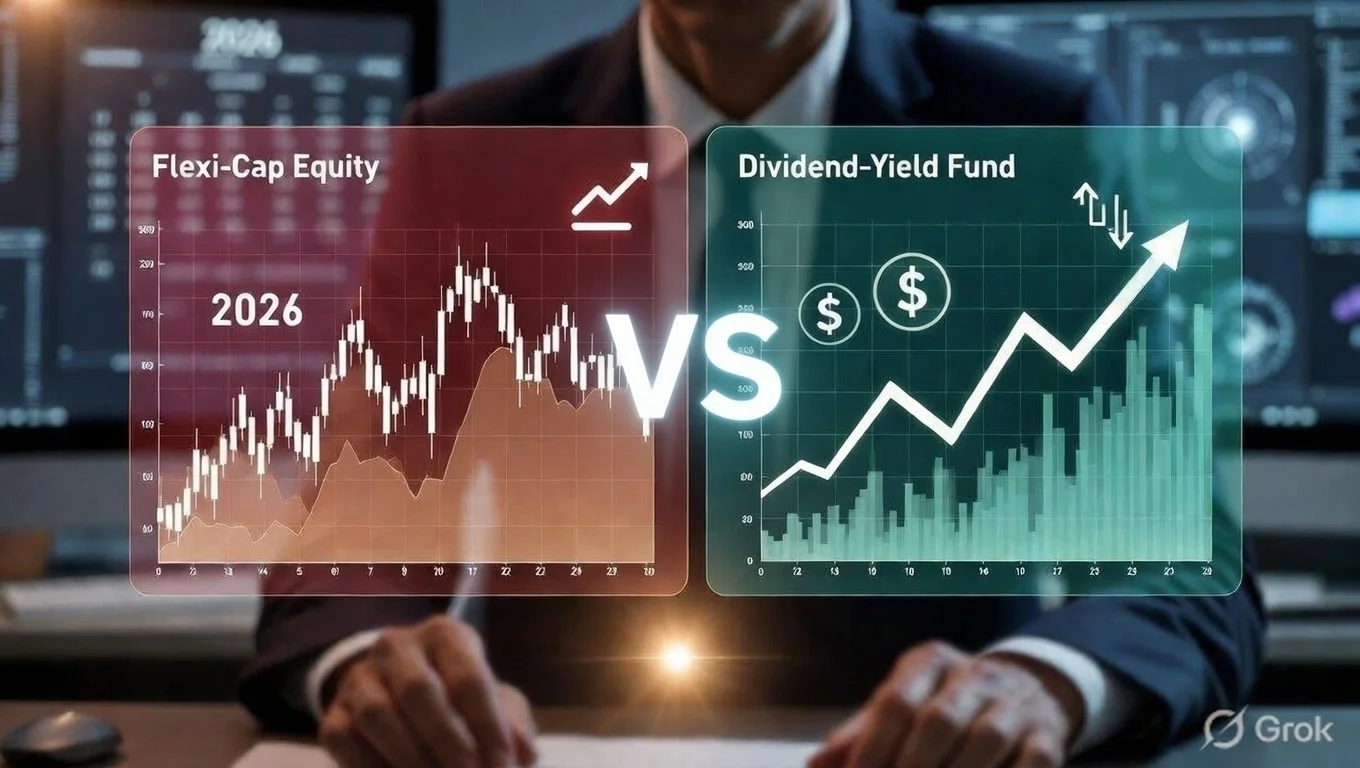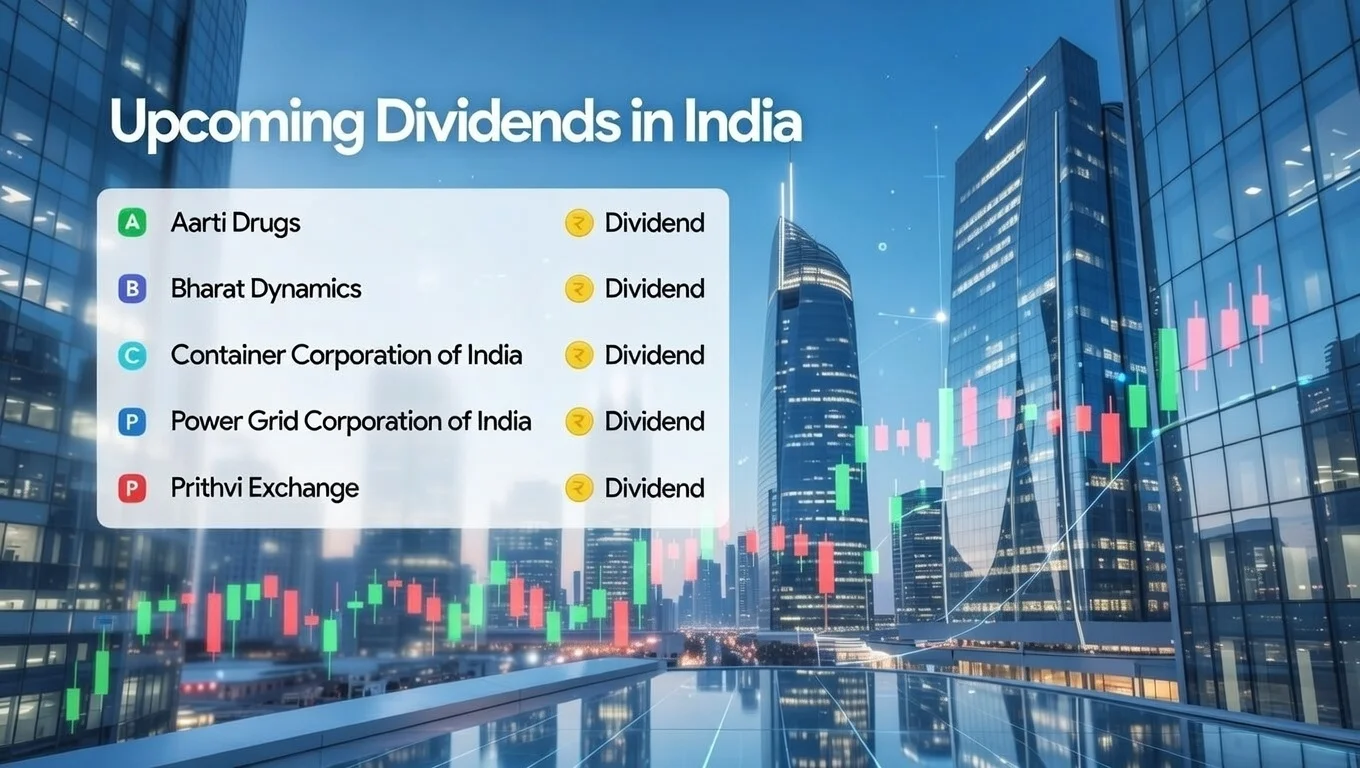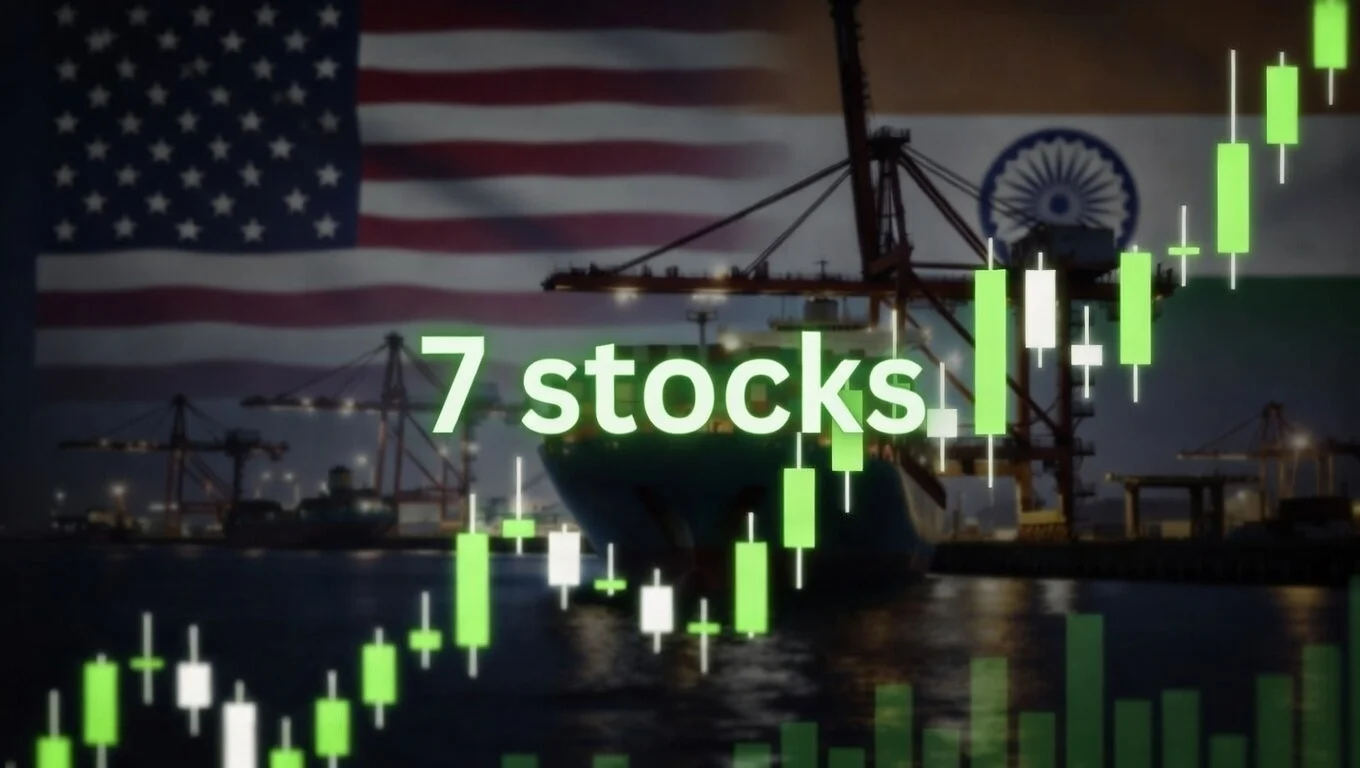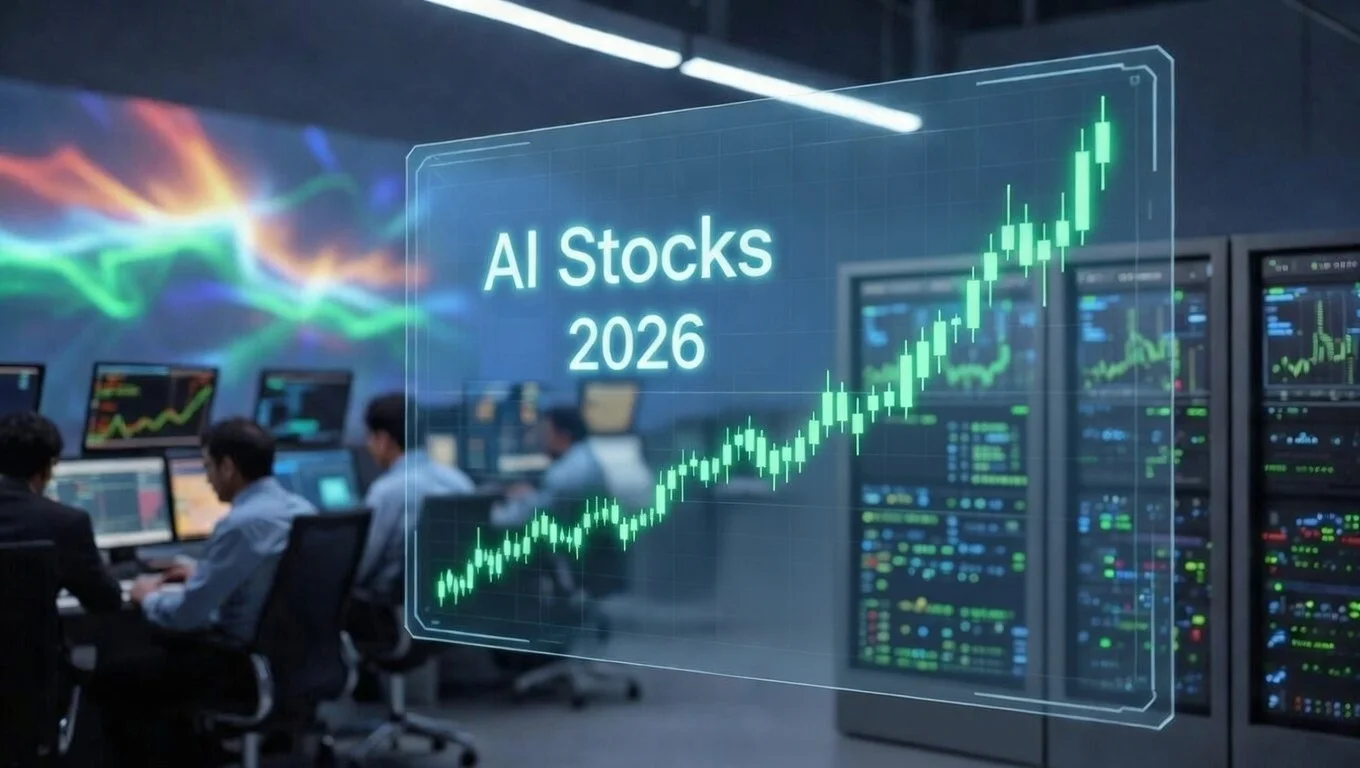Home >> Blog >> Most Frequently Used Trading Animals in the Share Market
Most Frequently Used Trading Animals in the Share Market
There are a ton of interesting and exciting facts about the stock market. You learn about the numerous kinds of traded securities and various stock trading techniques. Additionally, you need to become aware of the many terminologies and jargon used in the stock market. You may be familiar with the terms "bulls" and "bears" from this list. But did you realize that there is a complete animal world, more than simply bulls and bears, that makes up the stock market? Exactly, each trading animal in the share market symbolizes a different feature of the market. So, let's try to interpret those zoological-sounding stock market slang terms and figure out what they imply.
16 Trading Animals in the Share Market
Here are the 16 frequently used trading animals in the stock market:
1.1 Bulls – The Optimistic:
Among all the stock market creatures, the bull is the oldest and best-known. Of all the share market creatures, the bull is the most upbeat. It symbolizes an extremely favourable and upbeat stock market atmosphere. In a bull market, investors raise their investments as stock prices rise.
In this case, traders have high hopes for the future of the firms they have invested in and think the market will rise further. In essence, bulls raise the value of a company's stock. A bull in the stock market may continue for a number of years at once.
1.2 Bears – The Pessimistic:
Investors or traders that completely oppose bulls are known as bears. They are certain that a decline in the market is near. Bears are pessimistic regarding the stock market's prospects and think that it will eventually turn negative. The bears are primarily to blame for falling share prices.
Keep in mind: The terms "bulls" and "bears" are frequently used to characterize the state of the market. A bull market is a situation in which the market seems upbeat and is rising to new highs. A bear in the stock market, on the other hand, indicates a market when things are bad and seem to be going downhill for a while.
1.3 Turtles:
Traders who are slow to buy, slow to sell, and who invest for the long term are referred to as turtles. They strive to execute the fewest number of trades feasible while taking a long-term perspective. This type of investor is more interested in long-term gains than short-term swings.
1.4 Rabbits:
Traders or investors who hold positions for a brief amount of time are known as "rabbits." These traders often trade for minutes at a time.
These investors are scalpers who aim to make money throughout the day. They are only searching for a chance to earn some fast money for the market throughout the day and do not desire overnight (or long-term) risk.
1.5 Pigs:
Similar to what you would identify with pigs in all those legends you learned as a child, the pig in the stock market has the same meaning. A pig is frequently linked to greed. This stock market creature is someone who gives up on sensible investing practices and tactics in favour of greed. Pigs never receive sufficient rewards.
The pig desires to continue investing in security generating strong profits, even going so far as to take out a margin loan or mortgage assets. As a result, a pig trader makes risky investing choices that could potentially lead to enormous gains or enormous losses. The pig is a risky and reckless animal in the stock market because it ignores signs to cut losses and loses sight of the wise investment approach developed at the time of investment.
1.6 Chickens:
You may be familiar with the expression "to chicken out." Being afraid of anything is referred to as "chickening out." Related to this, the stock market symbol "chicken" refers to traders who constantly live in terror of the stock market. These traders begin to act impulsively, including prematurely selling a stock, when the market becomes bad because they are in a panic.
They frequently make emotional conclusions and overlook the fact that volatility is a by-product of the stock market. Traders that stick to safe, risk-free types of investment, including debt instruments including bonds, government securities, and bank fixed deposits, are known as chickens in the stock market.
1.7 Ostrich:
Traders who hide their heads in the sand throughout volatile markets in the hopes that their investment won't suffer much are known as ostriches.
These types of traders disregard bad news in the hope that it will ultimately disappear and have no bearing on their investments. Ostrich investors think their portfolios will somehow survive and be fine if they are unaware of how they are performing.
1.8 Sheep:
Investors who adhere to a single investing strategy and do not alter it in response to market circumstances are referred to as sheep.
Typically, they are the last to join an uptrend and the last to exit a downtrend. The sheep choose to align themselves with the herd and adhere to a guru. They have no desire to create their investment or trading strategy.
1.9 Dogs:
Stocks that have underperformed and have been devalued by the market are known as dogs. As they anticipate a recovery in the dog stocks over the next several days, several financial experts pay special attention to such stocks.
1.10 Lame ducks:
A lame-duck trader or investor engages in trading yet incurs a significant loss. According to their incapacity to recoup trade losses, lame ducks have probably defaulted on their obligations or declared bankruptcy. The origins of the expression can be found in the early days of commodities trading and the growth of the London Stock Exchange in the middle of the eighteenth century.
1.11 Hawk & Dove:
The names "hawks" and "doves" are used to characterize the various kinds of policymakers who adopt pessimistic viewpoints towards various economic circumstances. In essence, it implies a policymaker's responsiveness to an economic condition. A "dove" seeks to be accommodative in an economic scenario, whereas a "hawk" desires to take a harsh stance.
1.12 Stags – The Opportunistic:
These traders or investors aren't concerned with a bull or bear market. They simply search for chances. They don't lean either way, either way.
Stags, for instance, can be investors who purchase stock in a company throughout its initial public offering (IPO) and subsequently sell it after the stock is listed and trading starts. These people are known as stags since they tag in the hopes of gaining listing advantages.
1.13 Wolves:
The wolf is recognized as being the most ruthless and strong animal in the stock market. Wolves are typically investors who are notoriously linked to stock market frauds and are believed to employ unethical means to earn money.
The Wolf of Wall Street, which details Jordan Belfort's financial path, maybe the most notorious of all stock market wolves. Locally, we have the Harshad Way, also referred to as the Wolf of Dalal Street.
1.14 Whales:
These are the large investors whose purchases or sales in the market have the power to change the stock price. If you engage in trading with the correct whale, you can profit greatly.
1.15 Sharks:
Shares are those investors that only care about their ability to profit. They get into the trades, generate revenue, and quit the share market. Big, intricate ways of generating income from the market are of minimal interest to sharks.
1.16 Dead Cat Bounce:
The bear run's transitory rebound is referred to as a "dead cat bounce" in slang. It could either be a brief market upsurge during a bad run or it could be a reference to a certain stock's behaviour.
It's fascinating to note that the origin of this expression is the statement that a dead cat will bounce if you hurl it against a wall quickly, but it will still be dead.
Conclusion:
It might be entertaining to relate different investment philosophies to the traits of various share market animals. In the stock market, each animal has a distinctive approach to investing. Some develop into bulls over time after beginning as sheep or chickens. When approaching retirement age, a bull might change into a chicken and cling to debt investments, and so on. What type of share market beast you want to be is entirely up to you. Invest wisely!



















